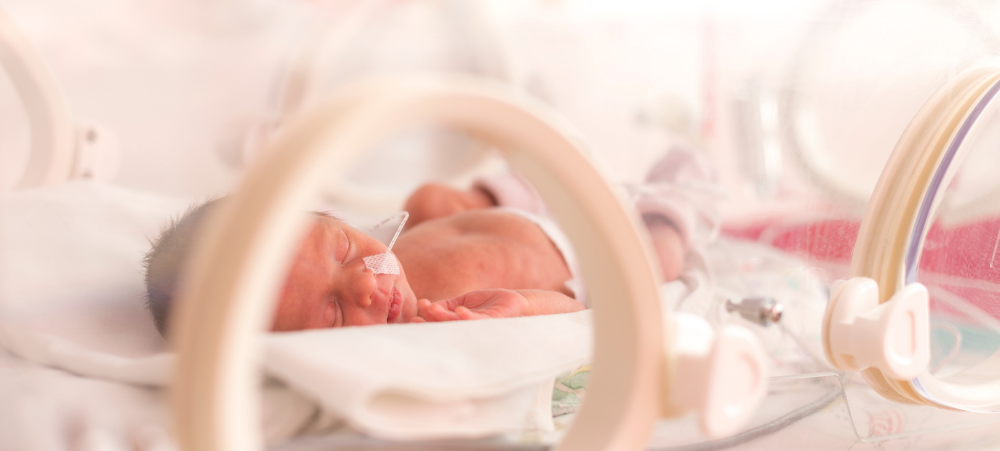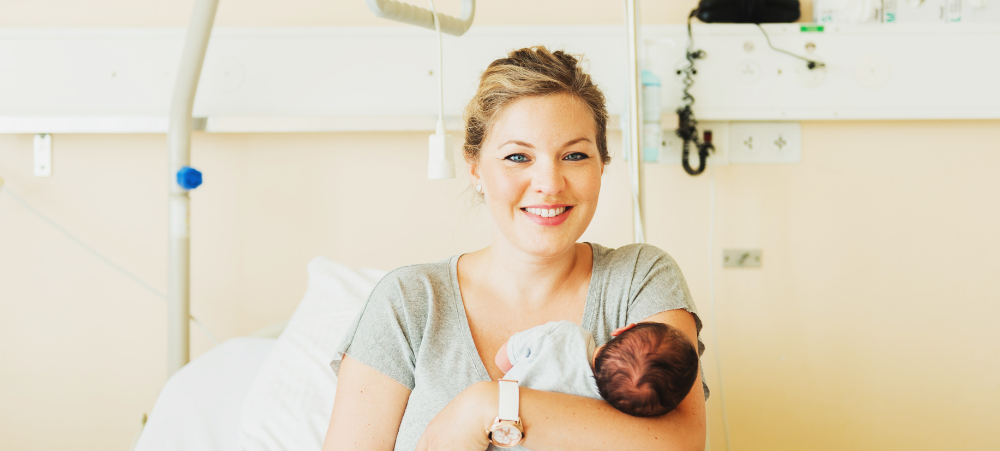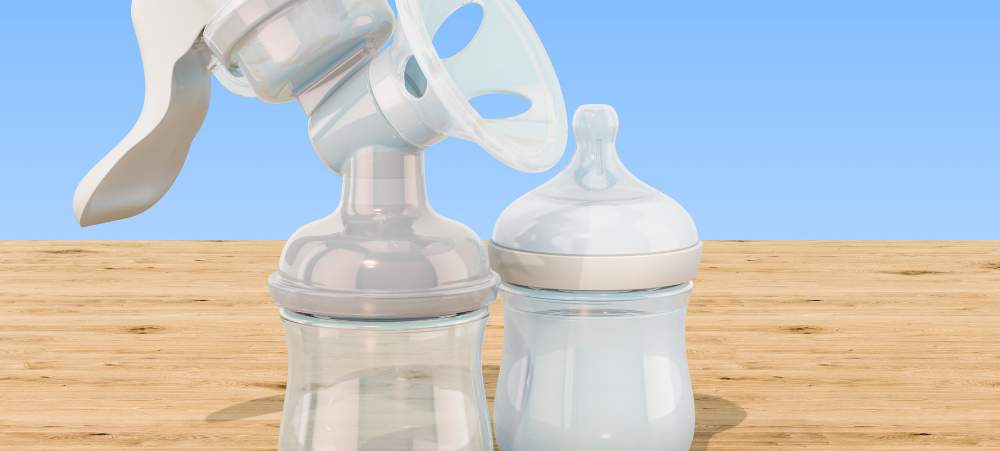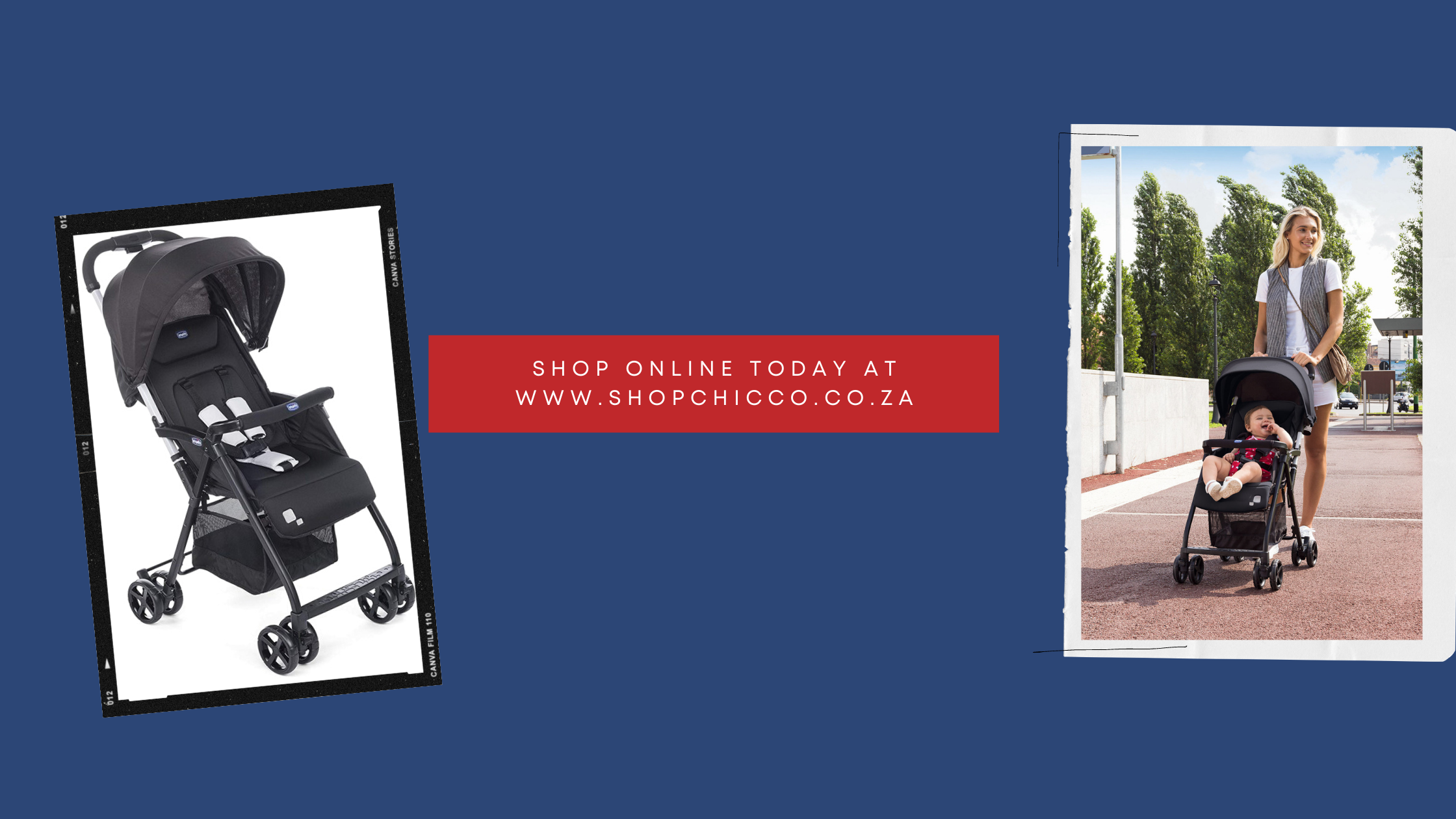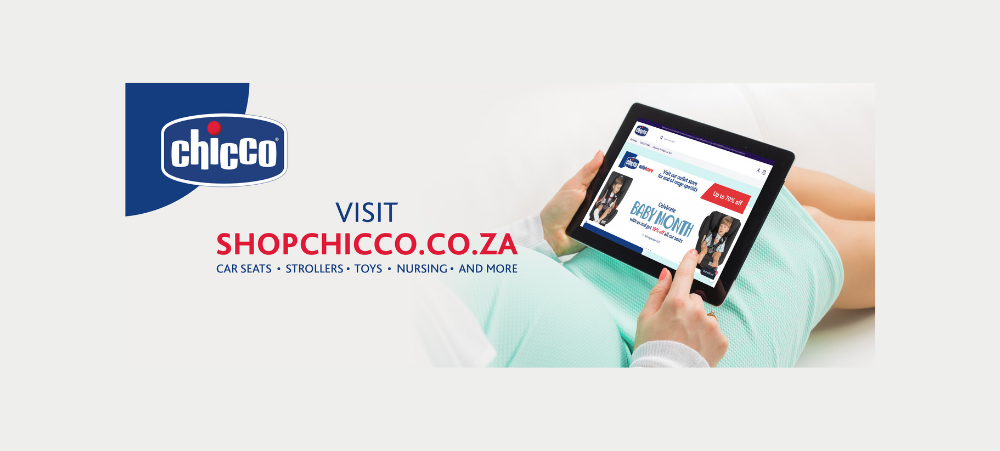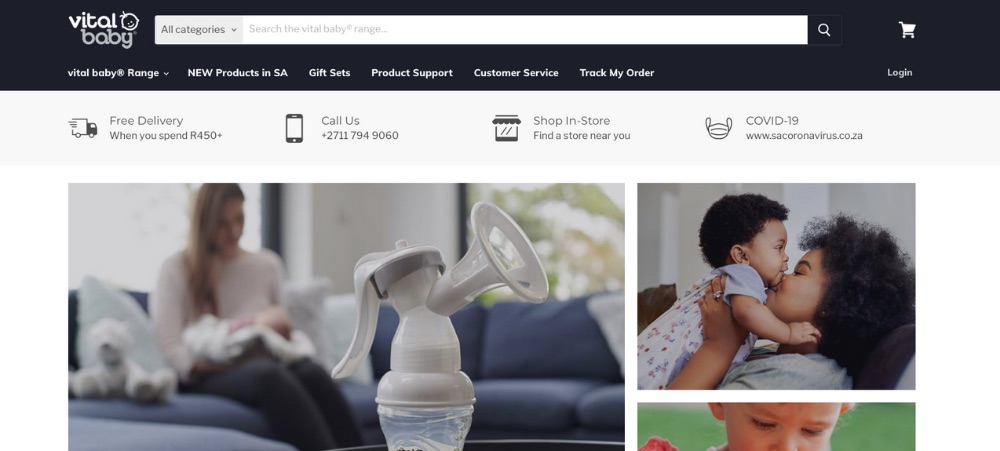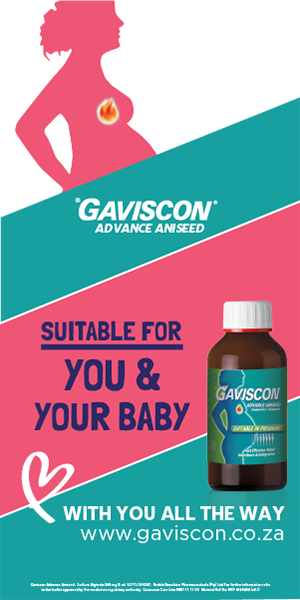As the wife of ultra-endurance triathlete and Ironman Africa Champion, Kyle Buckingham, Lauren, knows a thing or two about needing to look after her body and keep energy levels high. So when Kyle made the move to a fully plant-based diet over a year ago, Lauren, followed suit and honestly believes that this is what has contributed to her feeling so amazing through the last 6 months of her pregnancy. “From the time I found out I was pregnant at 5 weeks, nothing had changed,” says Lauren. “I didn’t even feel pregnant until I went into my 2nd month, after which I had occasional afternoon nausea until I went to bed. And just as fast as that feeling started it stopped on the first day of my 3rd month!” “I am still working as a sports massage therapist, dealing with athletes on a daily basis which requires a lot of my energy and input, and then just getting on with my normal daily things. I have yet to experience a drop in energy and I am into my 6th month now!” So how has Lauren coped with any cravings she has had during the past 6 months? “I have only had one craving so far and thankfully that only lasted two weeks. All I wanted was a cheese sandwich dipped in tomato soup! I was able to change dairy cheese for a vegan cheese option which was great, it was the weirdest combo, but I loved it!” While Lauren and Kyle made the switch to a plant-based diet quite quickly for Kyle’s training, Lauren realises that this might not be as easy for others. “If you are thinking of moving to a plant-based diet, I would suggest starting with either replacing one meal a week or possibly having one day a week that is only plant-based,” explains Lauren. “That way you can slowly get used to the various options and see what works for you.” “Fry’s started Meatless Monday’s which is a great place to start, they also have a few tasty recipes on their website that are super easy to try out!” What has been the biggest advantage that Lauren noticed since being on the plant-based diet? “Energy levels, when I made the switch my energy levels never dipped and throughout my whole pregnancy so far I have not gained extreme weight!” Here are some of Lauren’s favourite recipes for you to try out! Versatile Veggie Chilli by: Jamie Oliver INGREDIENTS – 500 g sweet potatoes 1 level teaspoon cayenne pepper , plus extra for sprinkling 1 heaped teaspoon ground cumin , plus extra for sprinkling 1 level teaspoon ground cinnamon , plus extra for sprinkling olive oil 1 onion 2 mixed-colour peppers 2 cloves of garlic 1 bunch of fresh coriander (30g) 2 fresh mixed-colour chillies 2 x 400 g tins of beans, such as kidney, chickpea, pinto, cannellini 2 x 400 g tins of quality plum tomatoes lime or lemon juice, or vinegar , to taste METHOD + Preheat the oven to 200˚C/400˚F/gas 6. Peel and chop the sweet potatoes into bite-sized chunks, then place onto a baking tray. Sprinkle with a pinch each of cayenne, cumin, cinnamon, sea salt and black pepper, drizzle with oil then toss to coat. Roast for 45 minutes to 1 hour, or until golden and tender. Peel and roughly chop the onion. Halve, deseed and roughly chop the peppers, then peel and finely slice the garlic. Pick the coriander leaves, finely chopping the stalks. Deseed and finely chop the chillies. Meanwhile, put 2 tablespoons of oil in a large pan over a medium-high heat, then add the onion, peppers and garlic, and cook for 5 minutes, stirring regularly. Add the coriander stalks, chillies and spices, and cook for a further 5 to 10 minutes, or until softened and starting to caramelise, stirring occasionally. Add the beans, juice and all. Tip in the tomatoes, breaking them up with the back of a spoon, then stir well. Bring to the boil, then reduce the heat to medium-low and leave to tick away for 25 to 30 minutes, or until thickened and reduced – keep an eye on it, and add a splash of water to loosen, if needed. Stir the roasted sweet potato through the chilli with most of the coriander leaves, then taste and adjust the seasoning, if needed. Finish with a squeeze of lime or lemon juice or a swig of vinegar, to taste, then scatter over the remaining coriander. Delicious served with guacamole and rice, or tortilla chips. SERVE with rice and pappadums Chunky Veg Yellow Thai Coconut Curry INGREDIENTS Yellow or Green Thai paste 1 can coconut milk (extra if necessary) 1 medium onion, diced ½ red bell pepper, roughly chopped (bite size) ½ yellow bell pepper, roughly chopped (bite size) 3-4 mixed courgette, chopped bite size pieces 1 cup chopped butternut (bite size) 2-3 carrot chopped (bite size) handful chopped baby spinach leaves Flexitarian optional -Add strips of tofu or calamari METHOD Add oil and Thai paste to pan allowing paste to warm and release flavours. Add can coconut milk and mix with paste. Bring to a simmer. Add onion, butternut and carrots first until semi firm (15-20min) with lid to keep moisture in. Add remaining veggies except the spinach, simmer about 30 min or until all veggie are soft enough to eat but not soft enough to mash. Al dente. Add spinach and stir together until wilted. Add extra coconut milk, water or oat milk to top up the sauce. Add tofu or calamari strips to pan and simmer in coconut milk until turns white. SERVE with sushi rice and pappadums.








